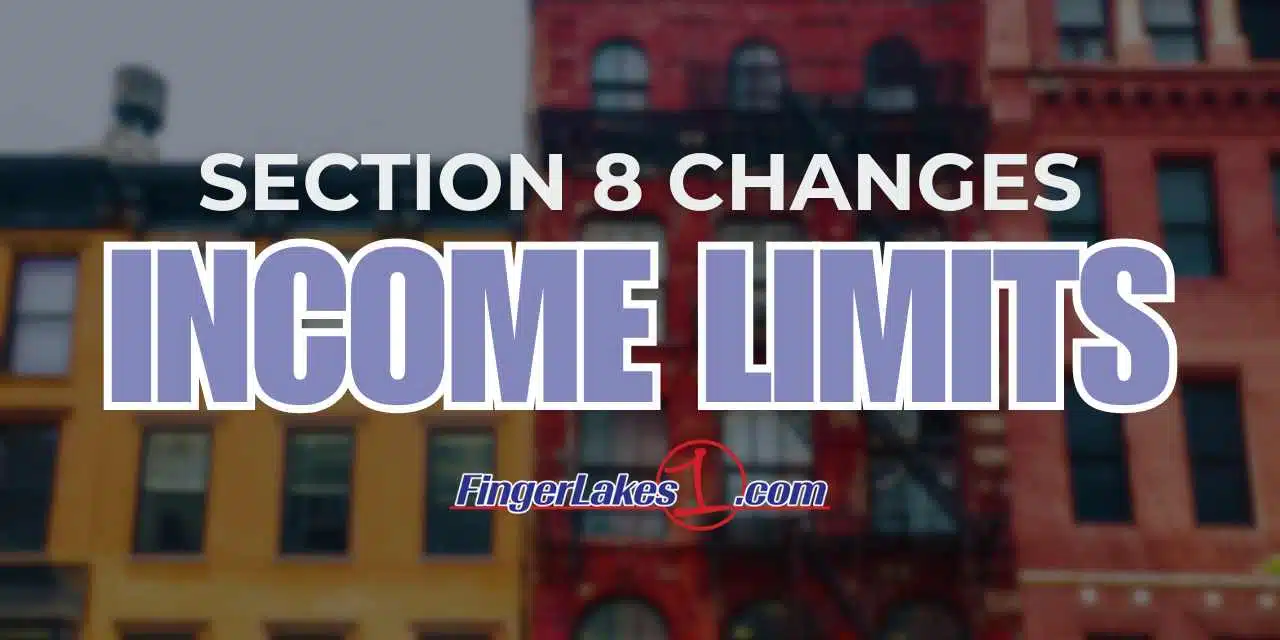
The U.S. Department of Housing and Urban Development (HUD) has unveiled significant changes to income verification requirements for Section 8 housing voucher recipients and public housing tenants. These changes, effective later this year, aim to improve program integrity while making it easier to confirm eligibility.
What is changing?
Starting in October 2025, all public housing authorities will:
- Use real-time data from the IRS and Social Security Administration for verifying tenant income.
- Mandate annual income re-verifications, even for households receiving fixed income like Social Security benefits.
- Apply stricter standards for verifying self-employment, gig economy, and cash income sources.
- Enforce new penalties for tenants who fail to accurately disclose income changes.
Previously, tenants could provide documents like pay stubs or employer letters, often without real-time cross-checks. Under the new system, electronic verification will become a required step.
Why is HUD making these changes?
HUD Secretary Marcia Fudge emphasized that the updates are intended to:
- Reduce fraud and errors in federal housing programs.
- Ensure fairness by delivering benefits to households that truly meet eligibility criteria.
- Modernize systems to match technological advancements and streamline operations.
“Every dollar of housing assistance must go to those who truly need it,” Fudge stated in a press release. Therefore, the new verification measures will help protect taxpayer resources while improving program outcomes.
Section 8 overhaul: Proposed bill aims to expand housing vouchers
How Section 8 tenants and public housing residents are impacted
The upcoming reforms will affect approximately 4.7 million households who rely on housing assistance. These changes are expected to:
- Speed up application and renewal processes with quicker, automated income checks.
- Improve rent accuracy, reducing disputes between tenants and housing authorities.
- Strengthen oversight over variable income, such as freelance or gig earnings.
However, tenant advocacy groups have raised concerns. They argue that heavy reliance on federal data could disadvantage those with rapidly changing employment or income circumstances.
New penalties for inaccurate income reporting
Under the revised guidelines:
- Tenants must report any income changes within 10 days.
- Failure to comply could result in overpayment charges, benefit suspension, or even program termination.
- Some housing authorities may offer leniency programs for tenants who promptly correct unintentional reporting errors.
HUD encourages tenants to be proactive and maintain open communication with their local housing agencies to avoid penalties.
What tenants should do now
To prepare for the October rollout, tenants should:
- Update employment and income records with their housing authority immediately.
- Keep documentation like pay stubs, Social Security award letters, and freelance income logs up to date.
- Respond quickly to re-certification notices or information requests from their housing authority.
Starting in July 2025, most housing authorities will begin sending notices outlining these new requirements and providing instructions for compliance.
Key takeaways
- HUD is tightening income verification rules for Section 8 and public housing programs.
- Real-time federal data checks will replace manual document-based verifications.
- Tenants must report all income changes promptly to avoid penalties.
- Housing authorities will start implementing changes beginning October 2025.
For more updates on affordable housing policies and how these changes might affect you, visit HUD’s official site.
